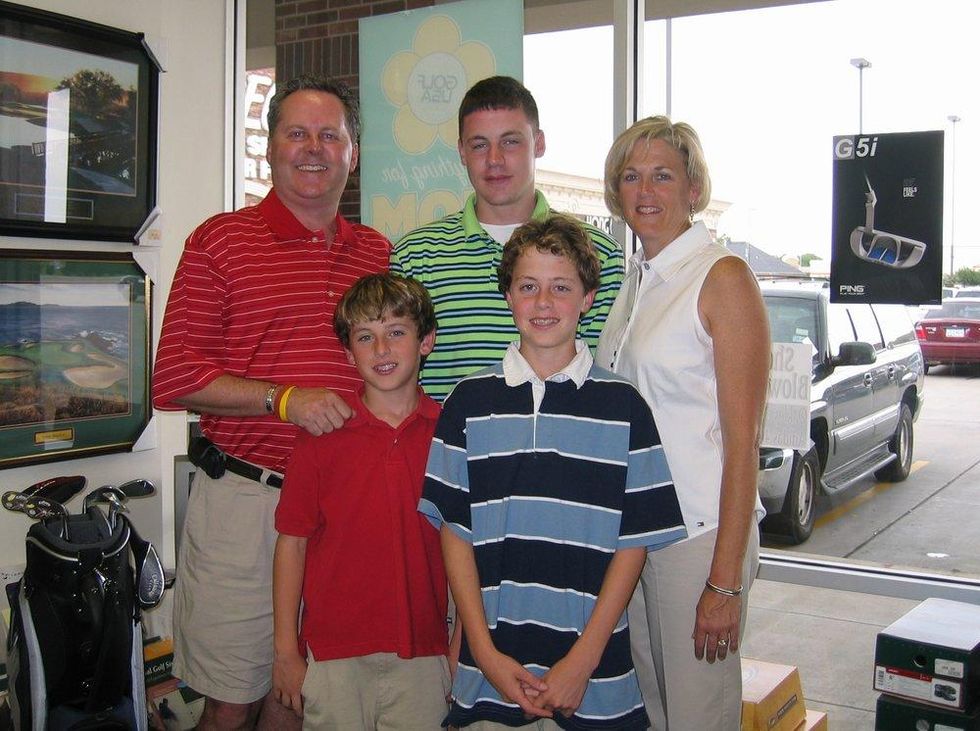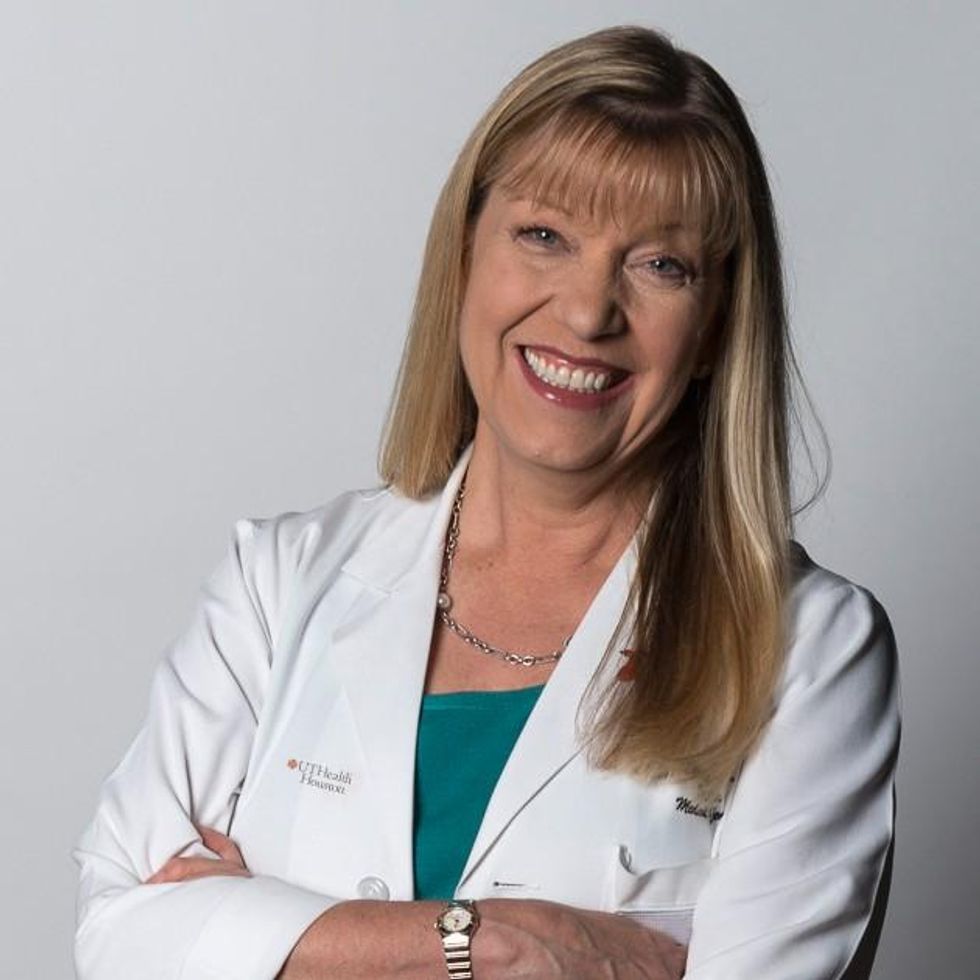Saving Lives
One Houston family partners with UTHealth Houston to turn their tragedy into hope for others
Benjamin Bradford lived as if he knew his time was limited. The first of three sons born to Carol and Bruce Bradford, he grew up to become a loving older brother, a friend to many, and a hero to his father.
Like his father, Benjamin never met a stranger. His two greatest passions were people and golf, and after graduating high school, he worked alongside Bruce at the family’s golf store in Katy, Texas.
“Benjamin was coming into his own,” says Bruce. “He would move mountains to help family and friends, and I was so proud to watch him become successful in business and life.”
Late one night in July 2012, a searing abdominal pain struck Benjamin. At the emergency room, doctors struggled to pinpoint the cause.
His condition deteriorated until the following afternoon when his heart stopped beating. The 24-year-old could not be revived.
The Bradfords learned Benjamin had suffered an aortic dissection: A deadly condition where the inner layer of the aorta, the main vessel that carries blood from the heart to the body, tears.
Doctors suggested they contact The John Ritter Research Program in Aortic and Vascular Diseases at McGovern Medical School at UTHealth Houston to learn whether Benjamin’s condition was genetic.
Led by Dianna M. Milewicz, MD, PhD, the President George H.W. Bush Chair of Cardiovascular Medicine, this program is improving the diagnosis and treatment of thoracic aortic disease to prevent premature deaths like Benjamin’s. Patients see Milewicz at UT Physicians, where she works with other leading heart and vascular experts.
“Dr. Milewicz and her team helped us navigate the most difficult time of our lives,” says Bruce. “Thanks to them, we found that Benjamin had a mutation in the ACTA2 gene, which caused his aortic dissection.”
Milewicz and her research group discovered the majority of the inherited genes that cause a predisposition to thoracic aortic aneurysms and dissections, leading to better detection and treatment. Researchers around the world use her findings to identify at-risk individuals and prevent vascular disease deaths.
Bruce, his wife, and their two remaining sons received genetic testing and cardiovascular imaging to search for thoracic aortic disease. While none of them had the ACTA2 gene mutation, doctors found that Bruce had an aortic aneurysm through imaging.
“Had doctors not screened my aorta as a result of my son’s death, I almost certainly would have suffered an aortic dissection,” says Bruce. “With the sacrifice of his life, Benjamin alerted doctors to my condition and saved my life.”
The Bradfords established Remembrin’ Benjamin, Inc., a nonprofit organization that hosts an annual golf tournament to support research at The John Ritter Research Program.
Since the inaugural Remembrin’ Benjamin Golf Tournament in 2017, the event has raised more than $400,000 to support lifesaving research at UTHealth Houston. In 2022, the tournament included more than 120 players, volunteers, and donors. The next golf tournament will be held on July 17, 2023.
Photo courtesy of UTHealth Houston
The Bradfords: (top, left-right) Bruce, Benjamin, Carol, (bottom, left-right) Austin, Robert.


“My hope is that no other family has to suffer the heartbreak and loss that we did,” says Bruce.
Learn more about how the renowned UTHealth Houston Heart and Vascular team is advancing cardiovascular medicine and collaborating to treat complex cases from every angle.
